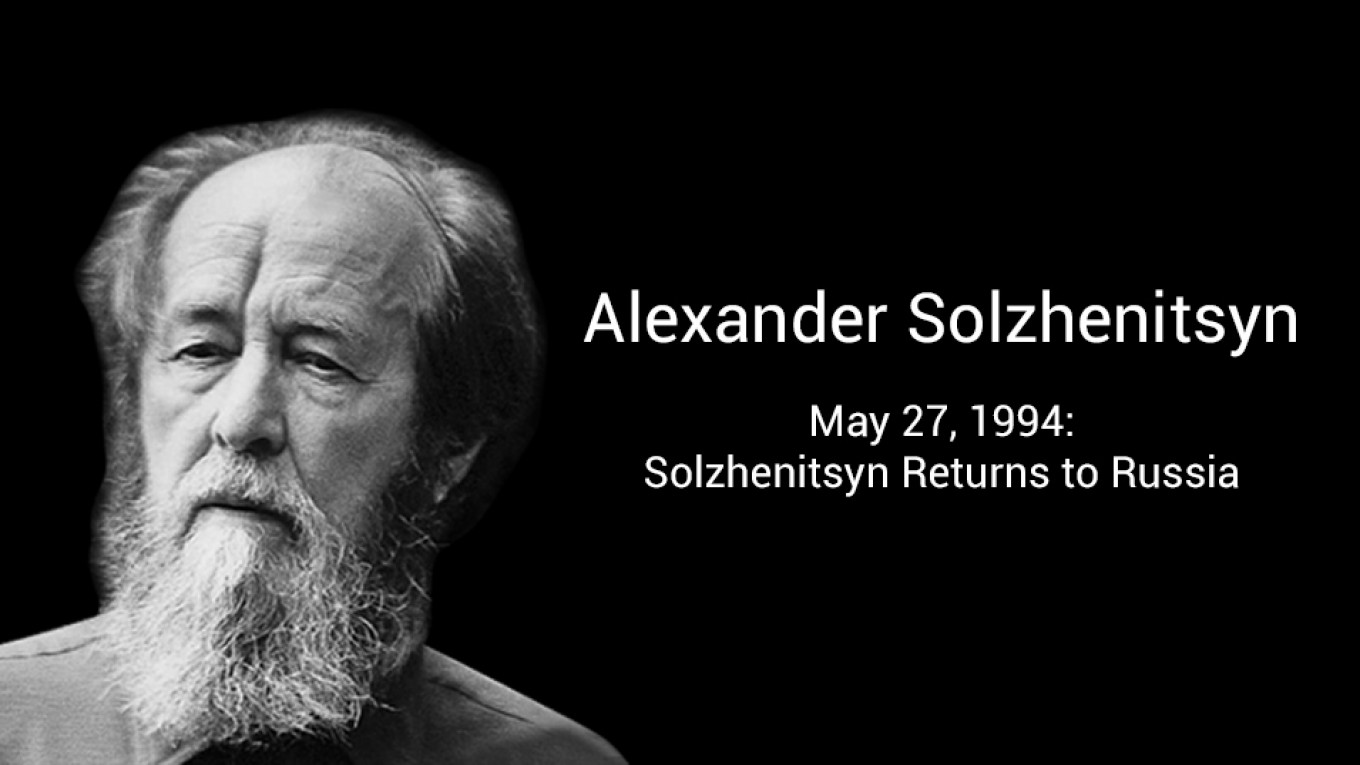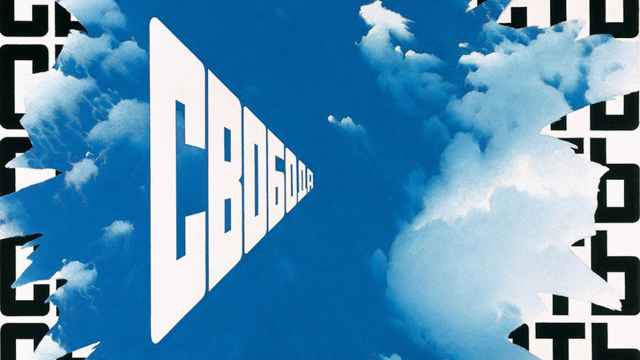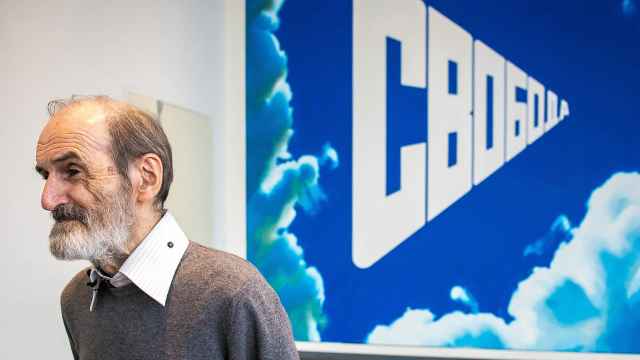Alexander Solzhenitsyn was born in the southern Russian city of Kislovodsk in 1918. He studied both mathematics and philosophy, literature and history before serving in the Great Patriotic War (the Soviet part of World War II) as an officer, later decorated for personal heroism. But despite his record, his criticism of Josef Stalin’s conduct of the war in a private letter was deemed anti-Soviet propaganda, and he was sentenced to eight years in a labor camp followed by permanent internal exile. He was sent to Kazakhstan after his sentence, where he taught school, and where, in 1954 he was diagnosed with cancer. After treatment in Tashkent, his cancer did not recur.
The reforms under Nikita Khrushchev permitted his return to central Russia in 1956, where he continued to teach — and continued the writing that he had begun earlier. In 1962, his searing short story about life in the Gulag, “One Day in the Life of Ivan Denisovich,” was published in the Novy Mir journal, apparently with express permission by Khrushchev himself.
By the late 1960s, Solzhenitsyn’s opposition to the regime and his work on a massive history of the Gulag and the entire Soviet period were well known to the authorities. He was expelled from the Writers Union in 1969, and then deported with his family from the Soviet Union in 1974.
Solzhenitsyn traveled in Europe before settling with his family in a quiet part of Vermont, in the U.S., where he completed his enormous historical masterpiece, “The Red Wheel,” many short pieces, and a plethora of essays and speeches. He was free with his criticism, remaining a staunch opponent of communist regimes and castigating the West and East for falling prey to materialism and many other faults.
In 1994, he returned to Russia, landing in Vladivostok and taking a train across the country. His triumphant return to Russia was, for many, a sign that the country had finally turned the corner of real change.
Solzhenitsyn continued to write, meet with the public, and appear in the media before his death in 2008. He was buried in the Donskoi Cemetery in Moscow.
Among his most famous works are “Gulag Archipelago,” “The Red Wheel,” “The First Circle,” and “Cancer Ward.”
A Message from The Moscow Times:
Dear readers,
We are facing unprecedented challenges. Russia's Prosecutor General's Office has designated The Moscow Times as an "undesirable" organization, criminalizing our work and putting our staff at risk of prosecution. This follows our earlier unjust labeling as a "foreign agent."
These actions are direct attempts to silence independent journalism in Russia. The authorities claim our work "discredits the decisions of the Russian leadership." We see things differently: we strive to provide accurate, unbiased reporting on Russia.
We, the journalists of The Moscow Times, refuse to be silenced. But to continue our work, we need your help.
Your support, no matter how small, makes a world of difference. If you can, please support us monthly starting from just $2. It's quick to set up, and every contribution makes a significant impact.
By supporting The Moscow Times, you're defending open, independent journalism in the face of repression. Thank you for standing with us.
Remind me later.






